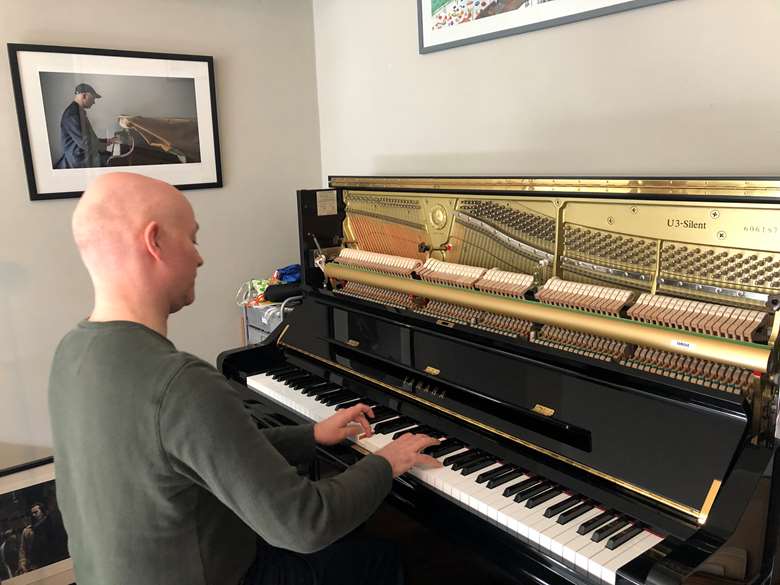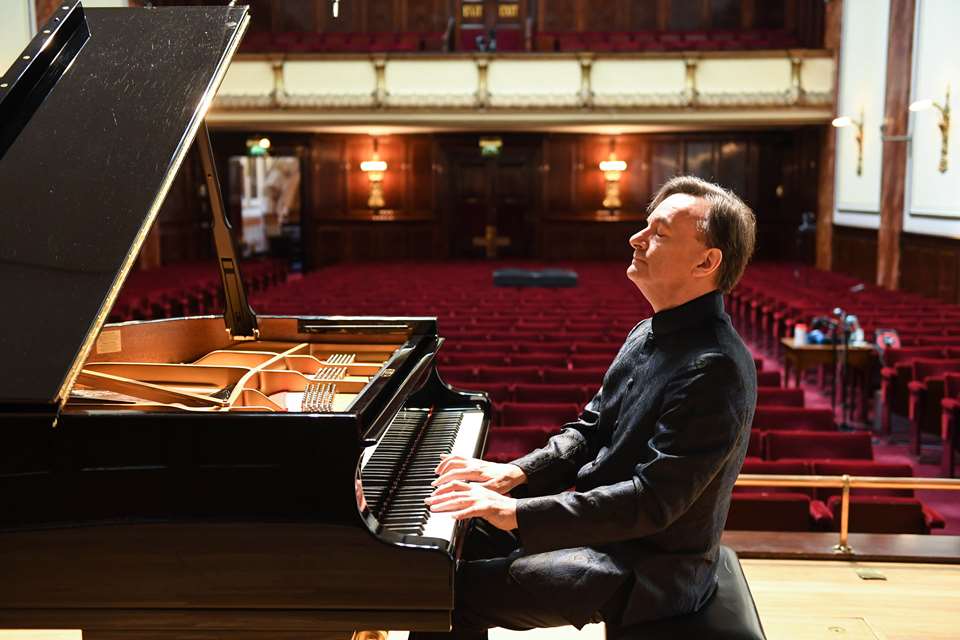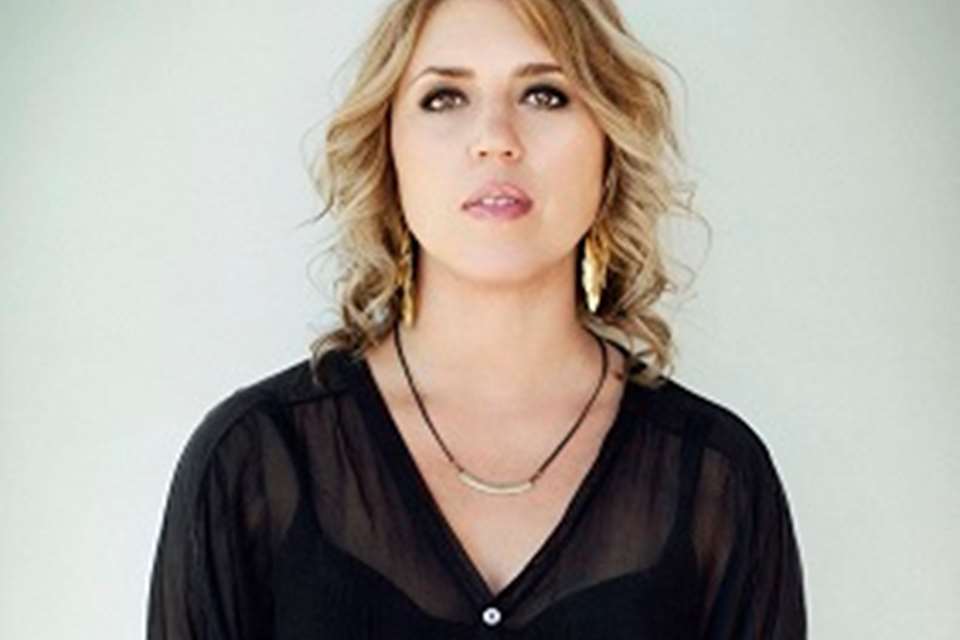Musicians in lockdown: pianist Charles Owen considers the positives
Thursday, November 5, 2020
It's not all bad: Charles Owen shares some of the more beneficial experiences of global lockdown

Jason Groves
Coronavirus has been devastating for so many people in our community. For those who make their living from performing and teaching, the reality of lockdown has been particularly frightening. But while, like other performers, I saw income and concert opportunities disappear overnight, the situation has also revealed unexpected positives. In particular, it has renewed a sense of love and respect for the privileged artistic life I am fortunate to lead.
Lockdown has brought renewed clarity to many aspects of my music-making. The enforced staycation has made me realise how important it is to spend quality time with music through a mix of practice, listening and study. During the usual round of external pressures, musicians can find themselves caught on a treadmill as they strive to meet the ever-increasing demands of rehearsals, recording sessions and public appearances.
Juggling a vast array of repertoire while travelling far and wide also exacts a mental and physical toll. Suddenly, with the removal of all imminent deadlines, an unexpected space has been created for renewal and contemplation, providing in some cases a complete escape from the relentless demands of an exacting profession.
Together with most other classical musicians around the world, I had spent the beginning of 2020 preparing many of Beethoven’s works. As fate would have it, all of these long-planned concerts evaporated with tentative promises for rescheduling at a future date. With the cancellations flowing in, I couldn’t find the heart to continue working on those programmes, however great the repertoire.
The initial shock of lockdown and the slowly dawning reality of the pandemic led to a period of stasis. Music seemed redundant and even inappropriate at a time when so many others were starting to experience suffering, dread and fear for the future.
During those first weeks I realised that two basic options for the immediate future lay ahead: to immerse myself in practice and study or slip gradually into a dangerous malaise. Somehow I managed to tap into my energy reserves and summon up the will to focus.
Works by Chopin, Liszt and Schumann called out to be practised and soon became close companions, offering reassurance, challenges and beauty in abundance. Nevertheless, subconscious worries frequently bubbled up to the surface of my mind, disturbing my sleep patterns and occasionally knocking my most disciplined intentions off kilter. What will the music profession look like after the crisis? Will it even exist in a recognisable form?
Gradually I began to connect with other musician friends and colleagues, encountering in the process a huge range of responses ranging from utter despair to hyper motivation. Some people, particularly those who have been actively performing for many years, felt this was the time to step back completely from music-making. Others amazed me with daily social media postings and news of major repertoire plans embarked upon with a zeal often verging on the heroic.
For me, the vast acres of newly available time have provided space to think deeply, remember past concerts, long-forgotten lessons and countless words of wisdom from teachers buried in the recesses of my memory. I think many musicians have a shifting relationship with the process of practice, a discipline which never remains fixed but rather like any kind of human activity can be subject to ups and downs.
The vast acres of newly available time have provided space to think deeply, remember past concerts, long-forgotten lessons and countless words of wisdom from teachers buried in the recesses of my memory
There have been many times when consistently organised practice has led to a ‘breakthrough’ moment and a resulting euphoria following weeks in the foothills of note learning, analysing, listening and contemplating. The transformation when a piece ‘takes off’ is an exhilarating if fleeting moment, usually encountered by the player alone. By contrast, I’ve also had feelings verging on deep resentment for the never-ending but necessary demands made by the piano and its insurmountable repertoire. Lockdown has made me fall in love anew with the aural and tactile contact which the piano offers every committed pianist.
Speaking of pianos, I consider myself very fortunate to have three instruments in my possession: an upright Yamaha U3 at home and two Steinway B grands which reside with a lady currently under strict lockdown. All my practice since March has therefore been done on the Yamaha, including frequent use of the piano’s clever silent system and headphones to avoid disturbing my neighbours and partner with nitty-gritty details.
Once a piece is well prepared, I remove the silencer and continue my work out loud. While there is a limit to what one can achieve on an upright, this experience has proved revealing and beneficial. It is the longest period I’ve gone since early childhood without touching a grand piano, so I wonder how the return to a full spectrum of tonal colours and dynamics will feel.
Most performers agree that motivation is often generated by the pressure of having to appear in public and deliver the goods. Adrenaline is such an essential element in preparing to make a concert appearance that its removal is quite a shock to the system! With none of the usual external deadlines I’ve found it important to create my own by filming performances at home. At first these were only shared with close friends and family but I was gradually persuaded to overcome my reserve and post some via Facebook and Instagram. The resulting response has been heart-warmingly positive, resulting in many new connections and even some offers of future concerts.
Watching other musicians playing from home has encouraged me to invest in high quality AV equipment to create a filmed catalogue of my repertoire, complementing my commercial recordings and keeping me gainfully occupied while concerts are suspended. As a cellist and composer friend recently ventured, ‘It’s time for all musicians to Tech Up’!
When it comes to technology, the education field has had to embrace this Brave New World so studies can continue. I’m now happy to work with a small class of pianists from the Guildhall School when under normal circumstances I would give individual lessons. But the process of explaining things online can be laborious, particularly when it comes to mentioning bar numbers, beats and notes. It can be very draining for participants, not least because sound quality varies enormously and poor connectivity sometimes distorts the relay, resulting in an ‘underwater’ effect or rhythmic chaos!
The majority of musicians are still in the early stages of finding ways to make online teaching into something positive. Despite initial scepticism, I feel one can achieve a great deal, particularly in the preparation stages. Cameras offer an eagle-eyed view that’s ideally suited to this purpose.
My experience of the lockdown has been rewarding in unexpected ways, and things I’ve learnt will doubtless prove beneficial for face to face teaching in future. Nevertheless, it will be a treat when we can finally return to hearing others playing the piano in real time and a natural acoustic. No digital technology can fully replace the glorious resonance and visceral impact of the true piano experience. Happy days to look forward to!

